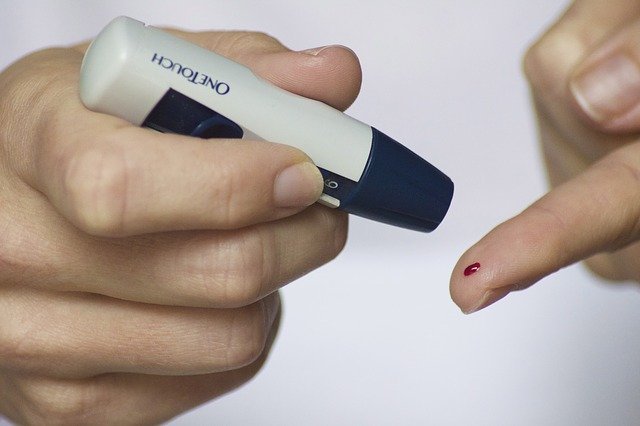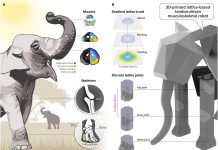
In a new study, researchers have developed a new technique using Artificial Intelligence (AI) to detect low blood sugar from raw ECG signals, via wearable sensors.
The technology works with an 82% reliability and could replace the need for invasive finger-prick testing with a needle, which could be particularly useful for children patients.
The research was conducted by a team at the University of Warwick.
Tracking sugar in the blood is crucial for both healthy individuals and diabetic patients.
Current methods to measure glucose requires needles and repeated fingerpicks over the day. Fingerpicks can often be painful, deterring patient compliance.
In the study, the team showed that using the latest findings of Artificial Intelligence (i.e., deep learning), they can detect hypoglycaemic disorder from raw ECG signals acquired with off-the-shelf non-invasive wearable sensors.
Two studies with healthy volunteers found the average sensitivity and specificity of approximately 82% for hypoglycaemia detection, which is comparable with the current CGM performance, although non-invasive.
The team says their innovation consisted in using AI for automatic detecting hypoglycaemia via few ECG beats. This is relevant because ECG can be detected in any circumstance, including sleeping.
Basing on this information, doctors s can adapt the therapy to each patient. More clinical research is required to confirm these results in wider populations.
One author of the study is Dr. Leandro Pecchia.
The study is published in Scientific Reports.
Copyright © 2019 Knowridge Science Report. All rights reserved.



